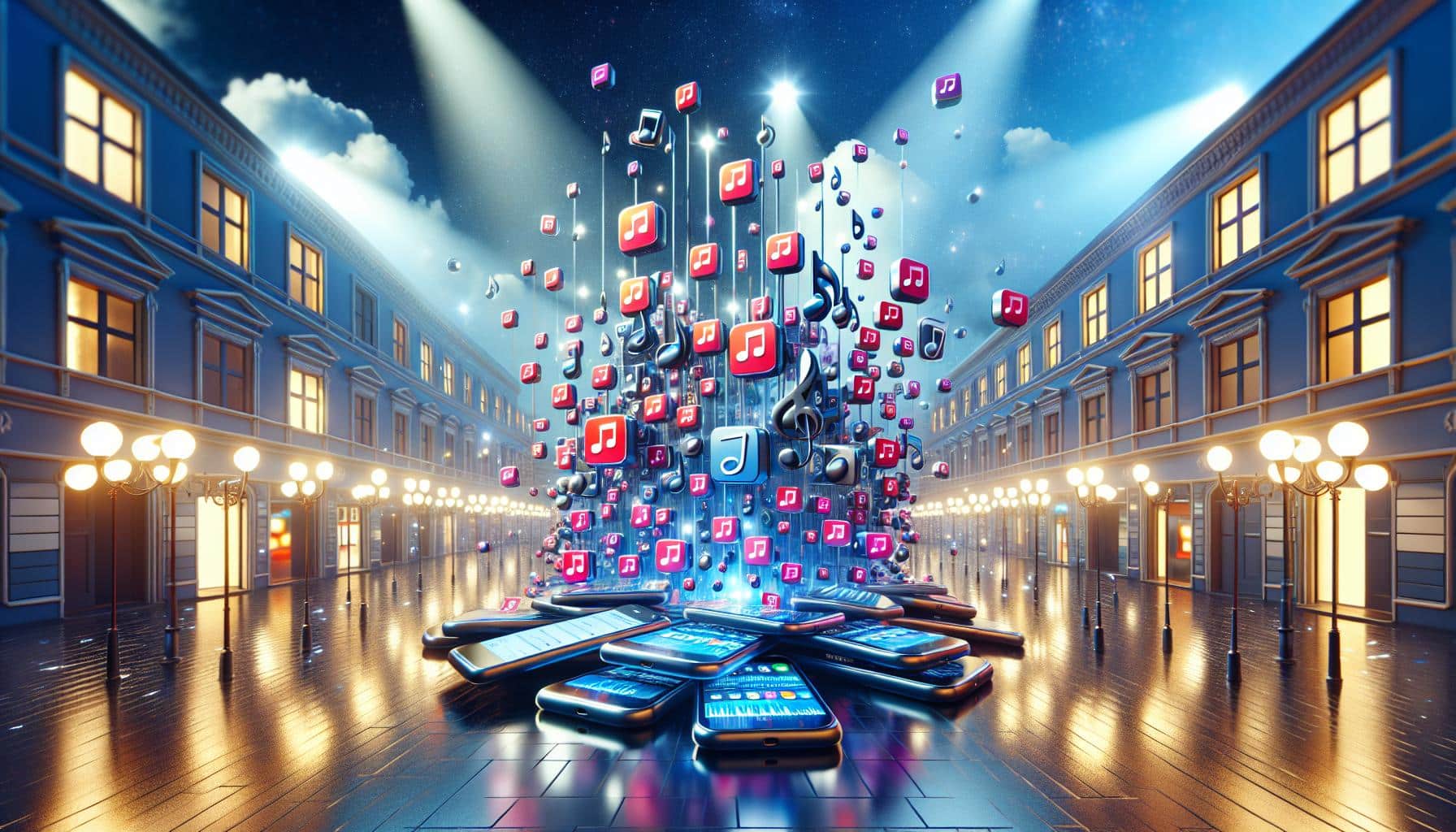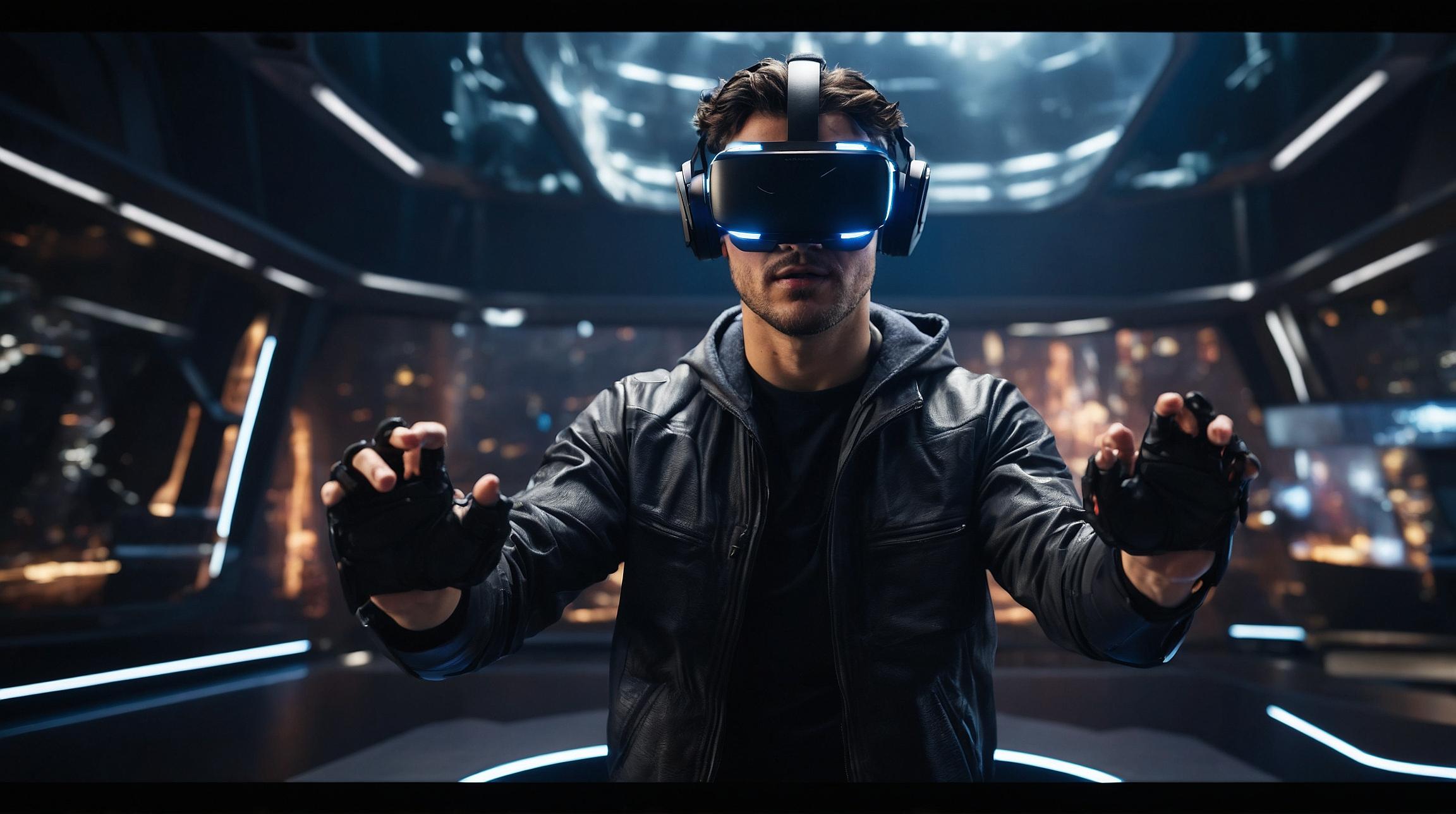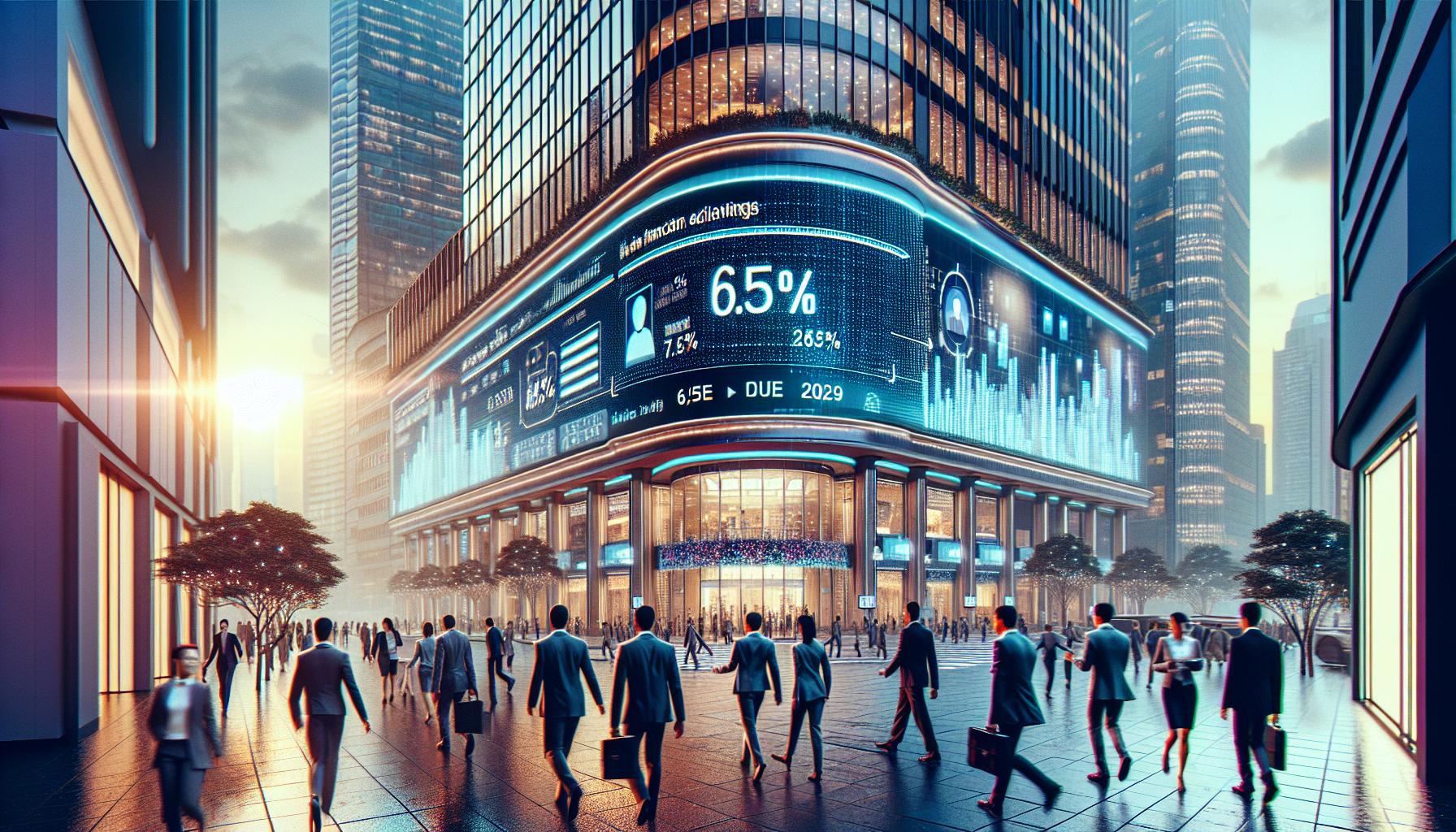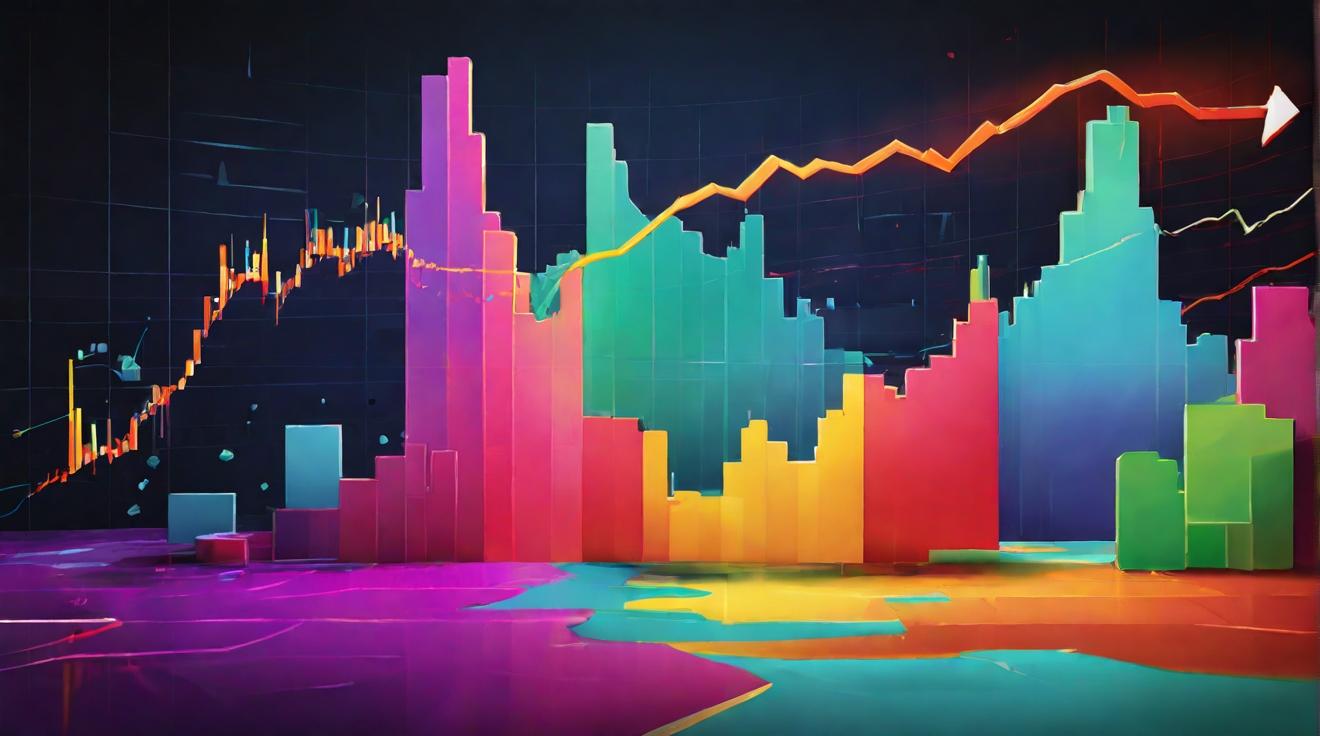Tennessee Governor Introduces Legislation to Protect Artists from AI
Tennessee Governor Bill Lee recently announced new legislation aimed at safeguarding the rights of songwriters, performers, and other music industry professionals against the potential dangers of artificial intelligence (AI). The legislation, which is yet to be formally introduced in the Tennessee Legislature, aims to ensure that AI tools cannot replicate an artist’s voice without their consent. Governor Lee unveiled the proposal at Nashville’s renowned RCA Studio A, with prominent figures from the music industry and lawmakers in attendance. The Governor expressed his hopes that Tennessee’s legislation would serve as a blueprint for other states.
Elvis Presley’s Legacy Inspires Tennessee’s AI Protection Efforts
The proposed legislation draws inspiration from Tennessee’s history of protecting the rights of celebrities, including musicians, even after their death. The passing of entertainer Elvis Presley in 1977 resulted in a contentious legal battle over the unauthorized use of his name and likeness. To address this issue, the Tennessee Legislature enacted the Personal Rights Protection Act in 1984, which extended personality rights beyond an individual’s death. This legislation ensured that name, images, and likenesses of celebrities are legally protected and freely assignable and licensable, irrespective of the individual no longer being alive.
Songwriters and Artists Sound Alarm on Threats of AI
The music industry in Tennessee, known for its rich musical heritage, has raised concerns regarding the potential threats posed by AI tools. There is an increasing need for stronger protections against AI technology that can create music, video, imagery, and text without the artist’s consent. The fear is that AI tools could potentially replicate an artist’s unique song or voice, undermining their creativity and artistic control. Prominent songwriters, musicians, and industry leaders have voiced the urgency of protecting artists’ intellectual property and ensuring they receive appropriate compensation for their work.
AI Tools Pose Risks to Artists’ Voices and Creativity
The objective of the proposed legislation is to prevent AI tools from scraping an artist’s voice or song in order to learn and produce new content without the artist’s permission. These AI tools have evolved rapidly, prompting concerns within the music community. Songwriters and industry experts have observed the advancement of generative AI tools, which have progressed from creating awkward compositions to generating emotionally potent musical pieces. The potential implications for artists and their creative rights are a topic of discussion in songwriting circles and studios.
AI Legislation Gains Momentum as States and Federal Government Take Action
The introduction of AI-focused legislation is not limited to Tennessee. Other states, including California, are considering measures to establish safety, privacy, and nondiscrimination standards related to generative AI tools and services. In California, one proposal aims to create a state-run research center dedicated to studying AI technology. At the federal level, the U.S. Copyright Office is exploring possible copyright reforms in response to generative AI. Additionally, a bipartisan group of U.S. senators has introduced the No Artificial Intelligence Fake Replicas And Unauthorized Duplications Act of 2024, which targets AI-generated deepfakes and harmful digital impersonation. The issue of AI’s impact on various industries, including music, is gaining traction on both state and federal levels.
Analyst comment
Positive news:
– The Tennessee Governor’s legislation to protect artists from AI is positive news for the music industry as it aims to safeguard the rights of songwriters and performers.
– Tennessee’s history of protecting celebrities’ rights, including musicians, supports the proposed legislation.
– The music industry in Tennessee has raised concerns about the threats posed by AI tools, indicating a need for stronger protections.
– The proposed legislation aims to prevent AI tools from replicating an artist’s voice or song without consent, addressing the fear of undermining creativity and artistic control.
– The momentum of AI-focused legislation at both state and federal levels, including in California and the U.S. Senate, indicates increasing awareness and action on protecting artists’ rights.
Market impact:
The market for AI tools in the music industry may face stricter regulations and require modifications to ensure compliance with the proposed legislation. Artists and industry professionals may see increased protection for their intellectual property, leading to higher compensation. The market may also witness the development of AI technologies that prioritize consent and empower artists, which could create new business opportunities.













